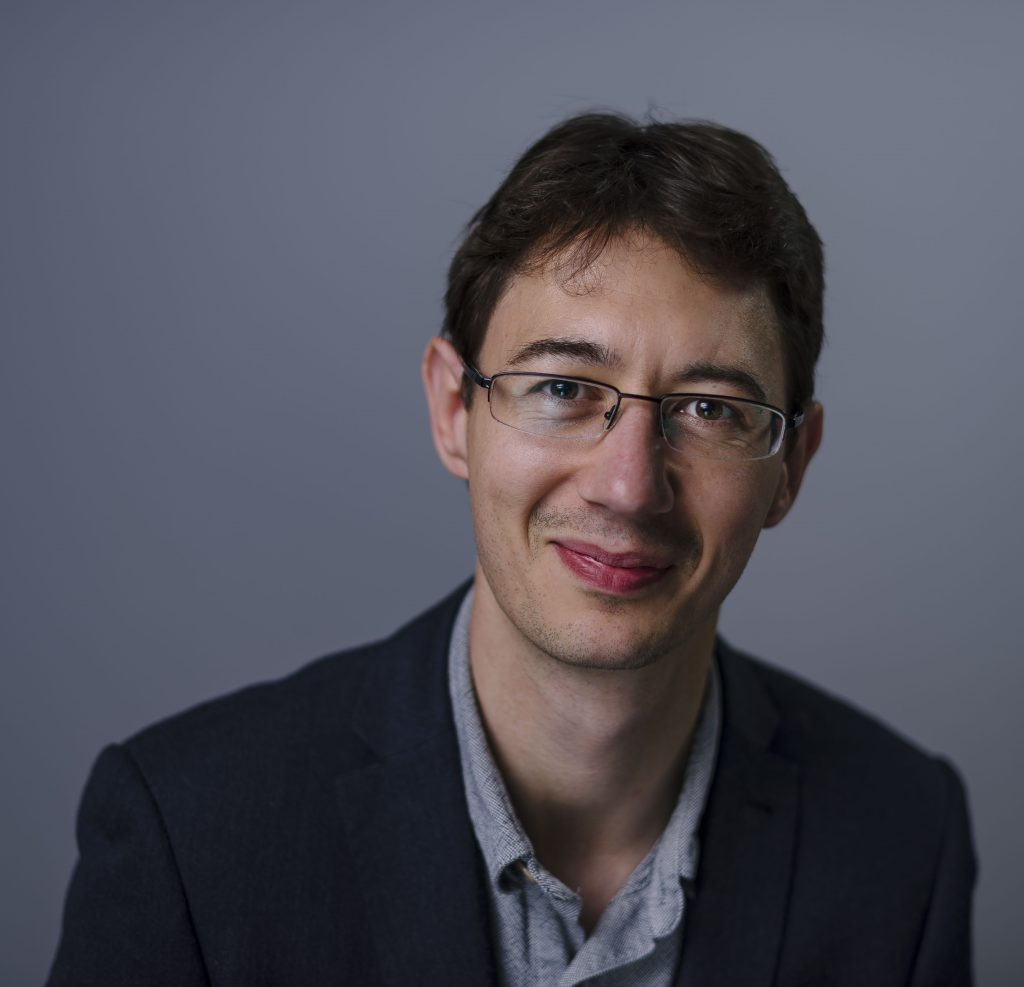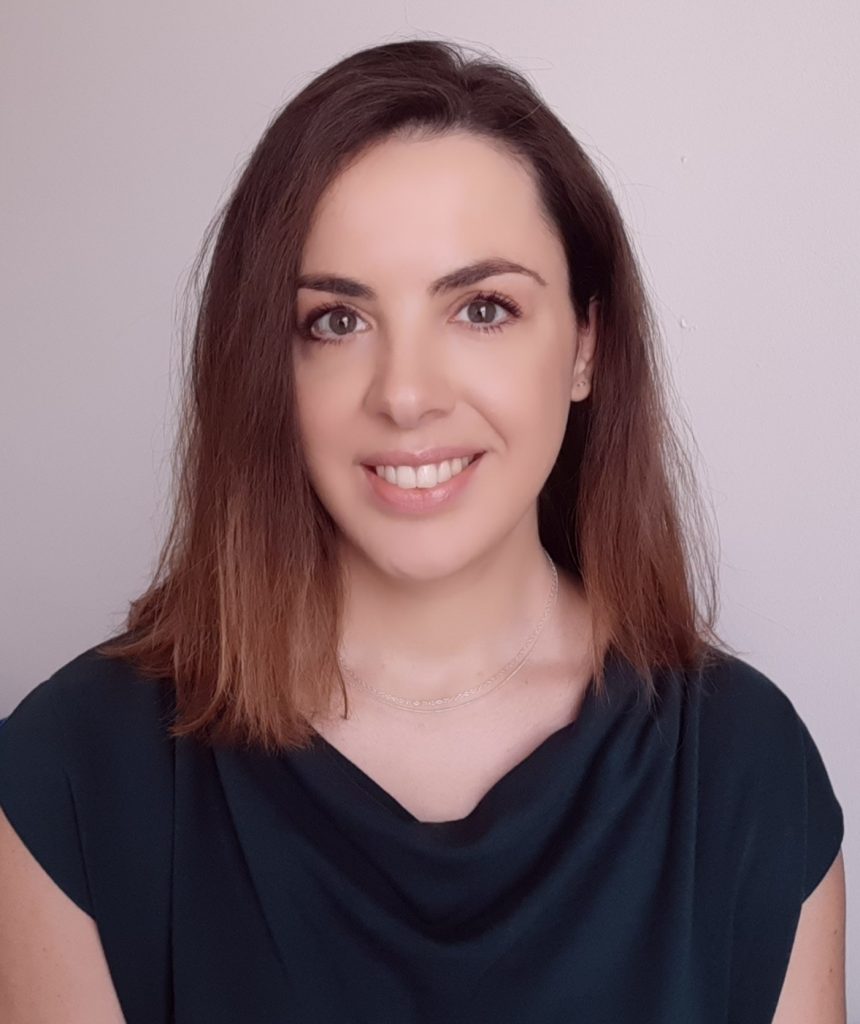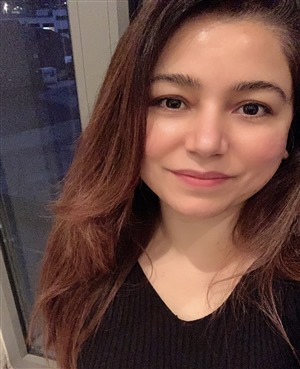
Professor Leif Isaksen
PROFESSOR IN DIGITAL HUMANITIES, UNIVERSITY OF EXETER
Professor Leif Isaksen is Director of Digital Humanities at the University of Exeter, based in the Digital Humanities Lab, and affiliated with the Department of Classics and Ancient History. He is also the Digital Humanities Theme Lead for the Institute of Data Science and AI (IDSAI).
Leif’s main interests are spatial and temporal representation in the humanities – both in the ancient world and the modern one – and the paradigm of Linked Open Data to relate online resources about the past. This is most notably as director of several projects associated with the Pelagios Network, including the development of the Recogito annotation platform. In recent years he directed the Cluny Hill Dig.
Leif has been involved with a number of Humanities and Digital Humanities activities and organisations worldwide, including CAA, EADH and ISHMap, and was Executive Board Chair of the Alliance of Digital Humanities Organisations (ADHO) in 2019-2021. He is a Fellow of the Society of Antiquaries of Scotland and a former Fellow of the Alan Turing Institute.

Dr. Travis G. Coan
ASSOCIATE PROFESSOR IN COMPUTATIONAL SOCIAL SCIENCE, UNIVERSITY OF EXETER
Dr. Travis G. Coan is an Associate Professor in Computational Social Science at the University of Exeter. He is co-director of Climate Communication and Data Science (C3DS) and is a member of the Centre for Computational Social Science (C2S2).
While Travis has published on a wide range of topics, his core research examines questions in the areas of environmental and political communication. His methodological interests include Bayesian statistics, natural language processing, and computer vision. His work has appeared in the American Political Science Review, Climatic Change, Global Environmental Change, Electoral Studies, International Studies Quarterly, and Social Networks, among others.

Dr. Charlotte Tupman
SENIOR LECTURER IN CLASSICS AND DIGITAL HUMANITIES, UNIVERSITY OF EXETER
Dr Charlotte Tupman is a member of the Department of Classics, Ancient History, Religion & Theology and the Digital Humanities Lab (DH Lab), with research interests in Latin Epigraphy. She is also an affiliated academic in the Institute for Data Science and Artificial Intelligence. As one of the authors of the EpiDoc Guidelines she is actively involved in the collaborative development of international standards for the encoding and publication of inscriptions and papyri. She has worked in the fields of Digital Humanities and Digital Classics for more than a decade, specialising in the analysis and digital publication of ancient textual materials.
As Director of Global Engagement Charlotte leads her department’s international activities, and also contributes to our external partnerships in the DH Lab. In collaboration with colleagues at the University of British Columbia, Okanagan, she leads an initiative for UG students to engage in the research and interpretation of digital archives.

Dr. Richard Ward
LECTURER IN DIGITAL HISTORY, UNIVERSITY OF EXETER
Dr Richard Ward is a member of the Department of Archaeology & History and an affiliate of the Digital Humanities Lab.
Richard’s research interests are in the history of crime and punishment in eighteenth- and nineteenth-century Britain, and in how digital technologies and methods can be used to study that subject in new ways.
After obtaining a Ph.D. at the University of Sheffield, Richard worked as a post-doctoral researcher on the AHRC-funded Digital Panopticon project, before joining the University of Exeter in 2017.

Dr. Erato Kartaki
RESEARCH FELLOW, UNIVERSITY OF EXETER
Dr Erato Kartaki is a Research Fellow in Digital Skills Development at the Hot Source! project of Digital Humanities Lab, training educators and researchers from Arts and Humanities regarding 2D, 2.5 D, and 3D visualisation. With a background in the Conservation of Cultural Heritage and Digital Humanities, her interests include digital visualisation, digital restoration, and the use of additive manufacturing technologies for cultural heritage.
Erato has a PhD from the Department of Digital Humanities at King’s College London. Her research focuses on the current technologies and materials of the Additive Manufacturing method and their use in restoring ceramic and glass archaeological artefacts. Throughout the years, Erato has worked as a paper-photograph and wall painting conservator in various projects of the Greek Ministry of Culture, a digital conservator at a project with the Ashmolean Museum in Oxford, and an educator at the King’s College London.

Dr. Sarwat Qureshi
RESEARCH FELLOW, UNIVERSITY OF EXETER
Dr Sarwat Qureshi is a Research Fellow in Digital Skills Development for the Hot Source! project at the Digital Humanities Lab, University of Exeter. Sarwat’s research interests lie at the intersection of English Linguistics, machine learning, mental health, and natural language processing (NLP). With a specialisation in text analysis, she excels in extracting insights from textual data and teaching Arts and Humanities researchers the art of efficient text extraction and analysis using programming languages. Her ultimate goal is to advance text analysis methodologies and promote a deeper understanding of the relationship between language, technology, and the humanities.
